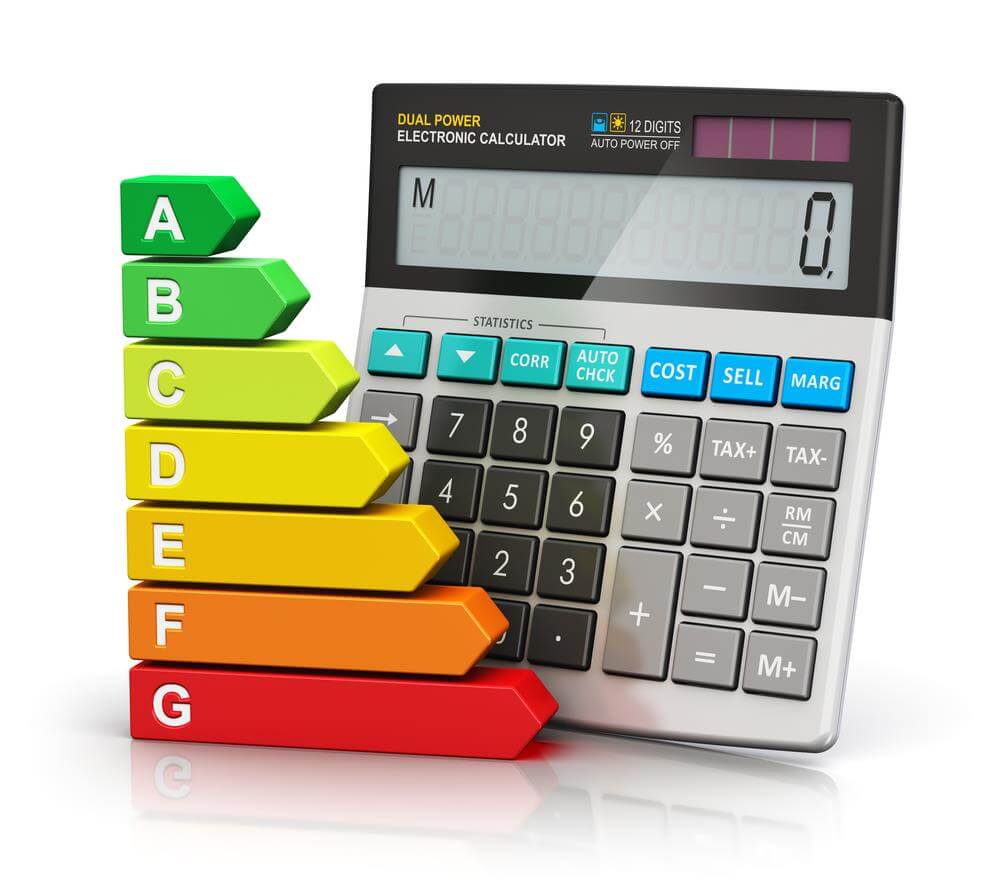
By Cora Gold, Editor at Revivalist
Freelancing gives you more autonomy over your finances but can make money management challenging. How can you ensure sound financial health while earning income from multiple sources? Here’s what you need to know.
1. Make Spreadsheets Your Best Friend
As a freelancer, you might not get the same paycheck as a regular employee. Instead, you could get money per project or the hours logged for a specific client. Help your finance management by taking advantage of spreadsheets and outlining your income.
Separate your income sources by columns and rows and see how much you earn weekly. With this information, you better understand how much cash you bring in and what your budget should look like. Do you prefer pen and paper? Use a journal to track expenses and feel responsible when you spend.
2. Allocate Money for Estimated Taxes
Typical workers receive paychecks with taxes already deducted. However, freelancers must account for these contributions through estimated taxes. While full compensation is excellent, be smart with your money by allocating money for these quarterly expenses.
The Internal Revenue Service says you must pay estimated taxes if your paychecks don’t withhold income. Calculate how much you need to withhold by adding your state, federal and local taxes if applicable. Take this percentage from your invoices and set it aside, whether in your checking or savings account.
3. Establish a Budget
As a freelancer, you might not have the same income each month. That makes it all the more important to stick with a budget and avoid overspending.
Start by figuring out your average monthly income. Then, choose a budget method that works for you. The 50/30/20 rule is a budget structure that works for many people. This means you allocate 50% of your income to necessities and bills, 30% to non-essentials and 20% on savings or debt repayments. While those amounts might look different from month to month, having a general idea of how much you should be spending can help you stay on track.
4. Automate Your Finances
Advanced technology lets anybody use artificial intelligence and automation regardless of profession. How can freelancers use them to manage their finances? Start using time trackers to be more precise about your time on each project. With this tool, you can remove the guesswork and make invoices more accurate.
Another technological tactic is to automate your monthly bills, whether for business or personal use. Manually tracking each payment you need to make leaves room for error. Automatic transfers make this financial obligation more effortless for your freelancing.
5. Use Separate Bank Accounts
Efficiency is the name of the game, so streamlining your financial management is helpful. That said, it’s wise to separate some aspects. For example, use different bank accounts for your personal and business needs and make money tracking easier.
Separate bank accounts make it easier to monitor the income and expenses associated with your profession. If you mix personal and business accounts, you may need extra help when paying taxes or showing records during an audit. The last thing you want is a sole bank account if you face a lawsuit or bankruptcy.
6. Remember Your Retirement Savings
Typical employment also includes retirement contributions to a 401(k). While this perk is helpful, you may miss out on this traditional system when freelancing. Instead, you must control your retirement savings and set aside money throughout your working years. The good news is you have plenty of options.
A common choice for freelancers is an individual retirement account (IRA). A 2023 report found 42.2% of American households had an IRA. This retirement strategy lets you invest money through mutual funds, stocks and bonds. If you want the traditional route, you can build a solo 401(k) to cover yourself and your spouse.
Finding Financial Freedom for Freelancers
Freelancing involves earning money in non-traditional ways. While you earn pay, it’s not the same as people with salaries. This unconventional money stream means you must wisely manage your finances. Careful tracking and smart budgeting go a long way in your financial planning.

























